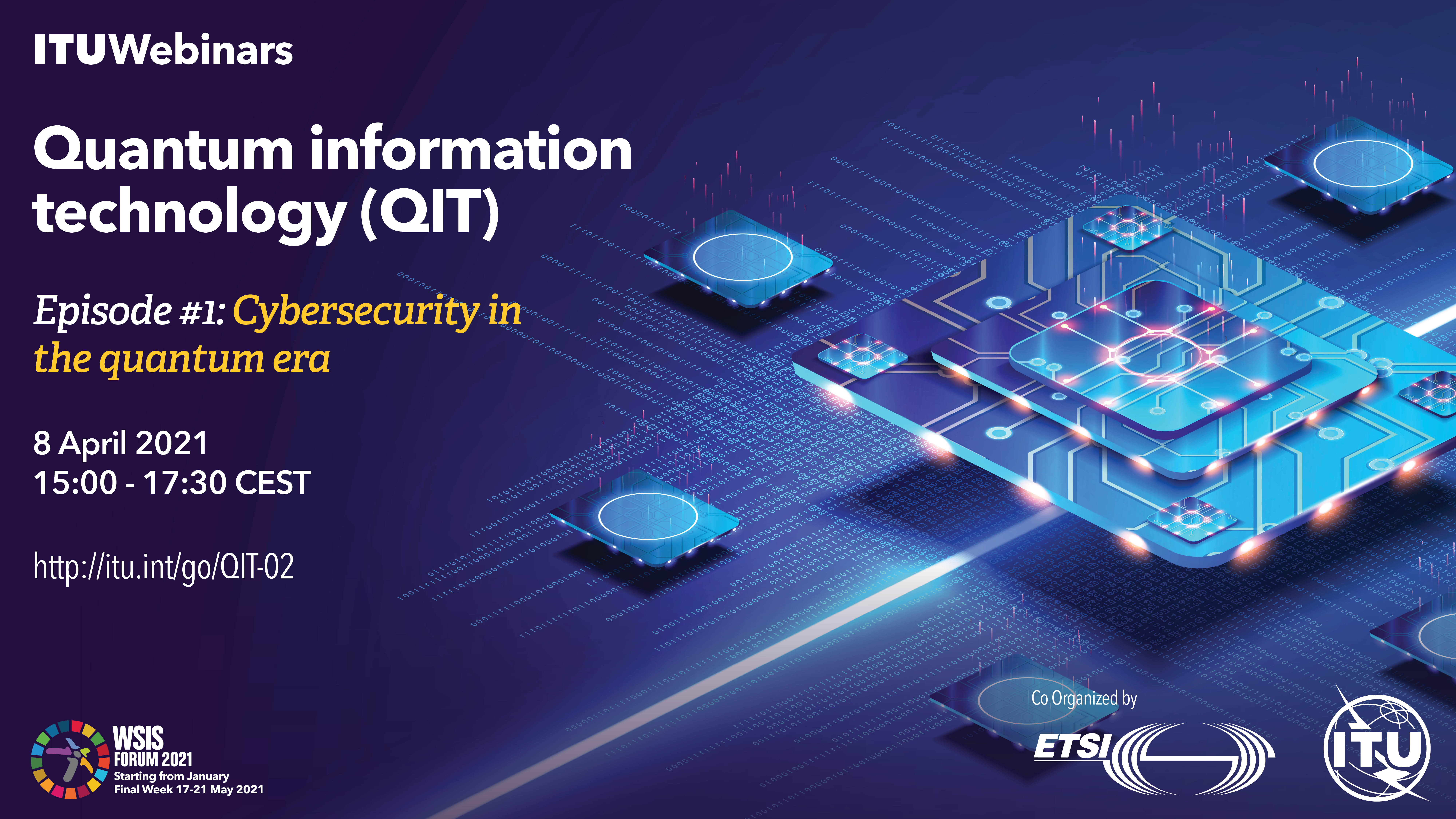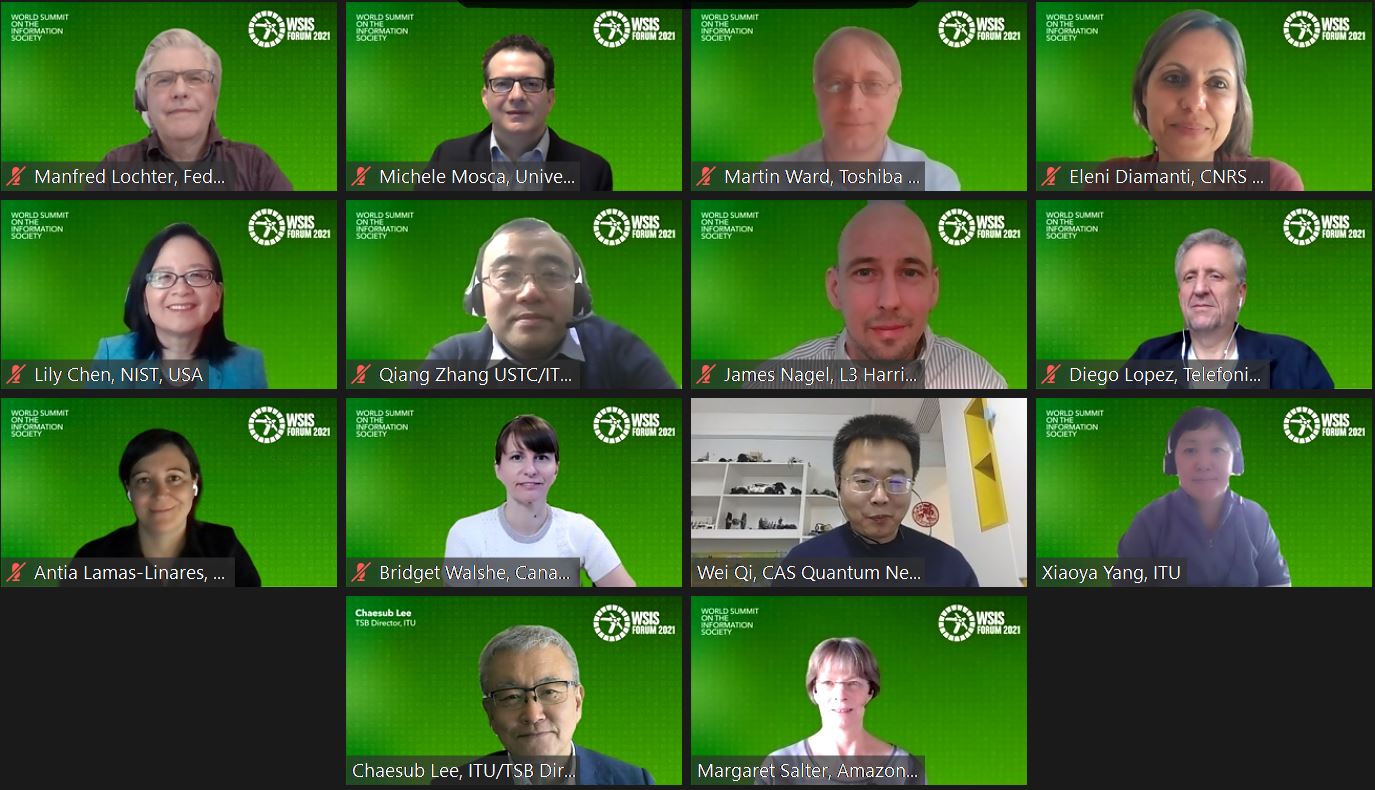Opening of the Cybersecurity track: Cybersecurity in the quantum era
ITU-T FG-QIT4N/ETSI
Session 266
With recent advancements in quantum computing and first claims of achieving quantum supremacy, the ability to provide data security using today’s accepted encryption methods is rapidly nearing a point of obsolescence. As such, solutions including Quantum Key Distribution (QKD) and Post-Quantum Cryptography (PQC) have been proposed to address the impending vulnerabilities. While drastically different in their approach, QKD and PQC continue to be the subject of immense discussion within the cybersecurity community stemming from questions surrounding the practical implementation and perceived strengths and weaknesses of both methods.
In this session, we will examine QKD and PQC by discussing the merits and perceptions of each in the notional context of what may constitute a solution that is “good enough” from the perspective of data security truths and acceptances as well as practical scalability due to Physical Layer limitations and integration, and deployment costs. Cybersecurity roadmaps in the quantum era will also be explored and the roles QKD and PQC may play in a co-existing landscape.
Programme
15:00-15:15: Opening
Moderator: Martin Ward, Senior Research Scientist, Toshiba Europe Limited
- Welcome remarks, Chaesub Lee, Director, Telecommunication Standardization Bureau (TSB), ITU
15:15-16:15: Panel 1 - “Good enough” cryptography in the context of 5G, IoT, AI, quantum and more
Moderator: Eleni Diamanti, CNRS and Sorbonne University, France
- Antia Lamas-Linares, Principal Research Scientist, Amazon Web Services, US
- Manfred Lochter, Federal Office for Information Security (BSI), Germany
- Michele Mosca, Co-founder and Deputy Director, Institute for Quantum Computing, University of Waterloo, Canada
- Qiang Zhang, OSA Fellow, Professor, University of Science and Technology of China (USTC), China
16:15-17:15: Panel 2 - Quantum-safe roadmaps: how does industry plan for the future cybersecurity infrastructure?
Moderator: James Nagel, Lead Photonic & Laser Systems Engineer, L3Harris Technologies, USA
- Lily Chen, Lead Cryptographic Technology Group, NIST, US
- Diego Lopez, Senior Technology Expert, Telefonica, Spain
- Wei Qi, CEO, CAS Quantum Network, China
- Margaret Salter, Director AWS Applied Cryptography, Amazon, US
- Bridget Walshe, Director General, Secure Solutions and Services, Government of Canada
- Colin Whorlow, Head of International Standards, National Cyber Security Centre (NCSC), UK
17:15-17:30: Closing
- Closing remarks by James Nagel, Lead Photonic & Laser Systems Engineer, L3Harris Technologies, USA and Colin Whorlow, Head of International Standards, National Cyber Security Centre (NCSC), UK
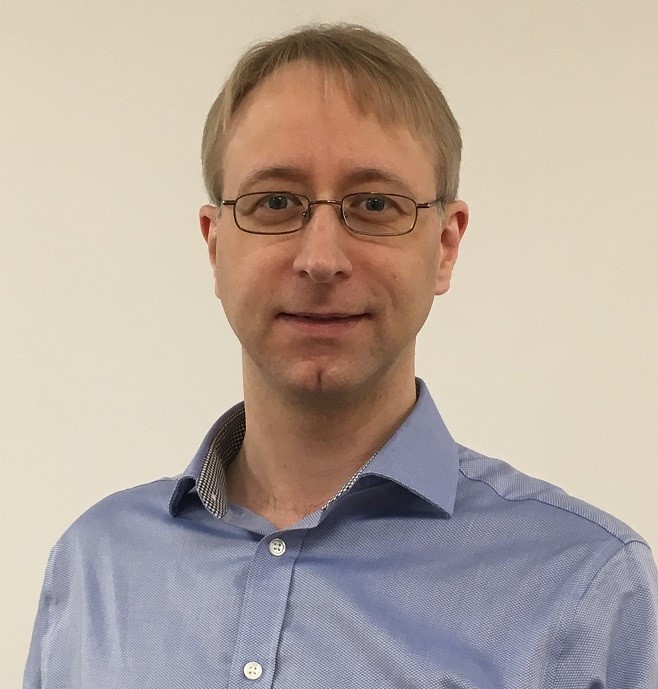
Martin Ward is a Senior Research Scientist for Toshiba Europe working in their Cambridge Research Laboratory in the UK. He received a DPhil in Physics from the University of Oxford and has over 15 years of research experience on quantum photonic sources, quantum optics and quantum key distribution, including electrically driven quantum dot single photon emission and entangled photon pair sources at telecom wavelengths. He is currently Chair of ETSI ISG QKD and is involved in QKD standards within ISO/IEC JTC 1/SC 27/WG 3, where he is a co-editor of draft ISO/IEC 23837-2, and within ITU-T SG17 and SG13.
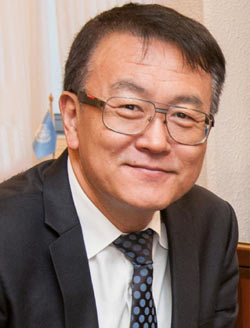
Chaesub Lee was elected Director of the ITU Telecommunication Standardization Bureau at the ITU Plenipotentiary Conference 2014 in Busan, Republic of Korea, and re-elected to this post for a second four-year term at the ITU Plenipotentiary Conference 2018 in Dubai, United Arab Emirates.
Dr Lee has contributed ICT standardization for over 30 years, specializing in areas such as integrated services digital networks (ISDN), global information infrastructure (GII), Internet protocol, next-generation networks (NGN), Internet protocol television (IPTV) and cloud computing.
He started his professional life in 1986 as a researcher at Korea Telecom. After 17 years he took up a role at the country's Electronics and Telecommunications Research Institute (ETRI), where he stayed for the next eight years.
Most recently he worked at the Korea Advanced Institute of Science and Technology (KAIST), and as a senior advisor to Korea's Ministry of Science, ICT and Future Planning (MSIP).
Within ITU Dr Lee served as Chairman of the ITU Focus Group on Next-Generation Networks (NGN) to address the growing need for international standards for NGN, including service requirements, functional architecture, mobility, security and Quality of Service (QoS). He was also Vice-Chairman of the ITU Focus Group on IPTV which worked to coordinate and promote the development of IPTV standards.
He acted as Vice-Chairman of ITU-T Study Group 13 (Future networks and cloud) from 2001 until 2008, becoming Chairman of that group in 2009. ITU-T Study Group 13 develops standards for NGN, future networks, cloud computing, Internet of Things (IoT) and mobile telecommunications, to ensure their smooth international deployment.
Dr Lee holds a PhD in Multimedia Engineering. He is married with two children.
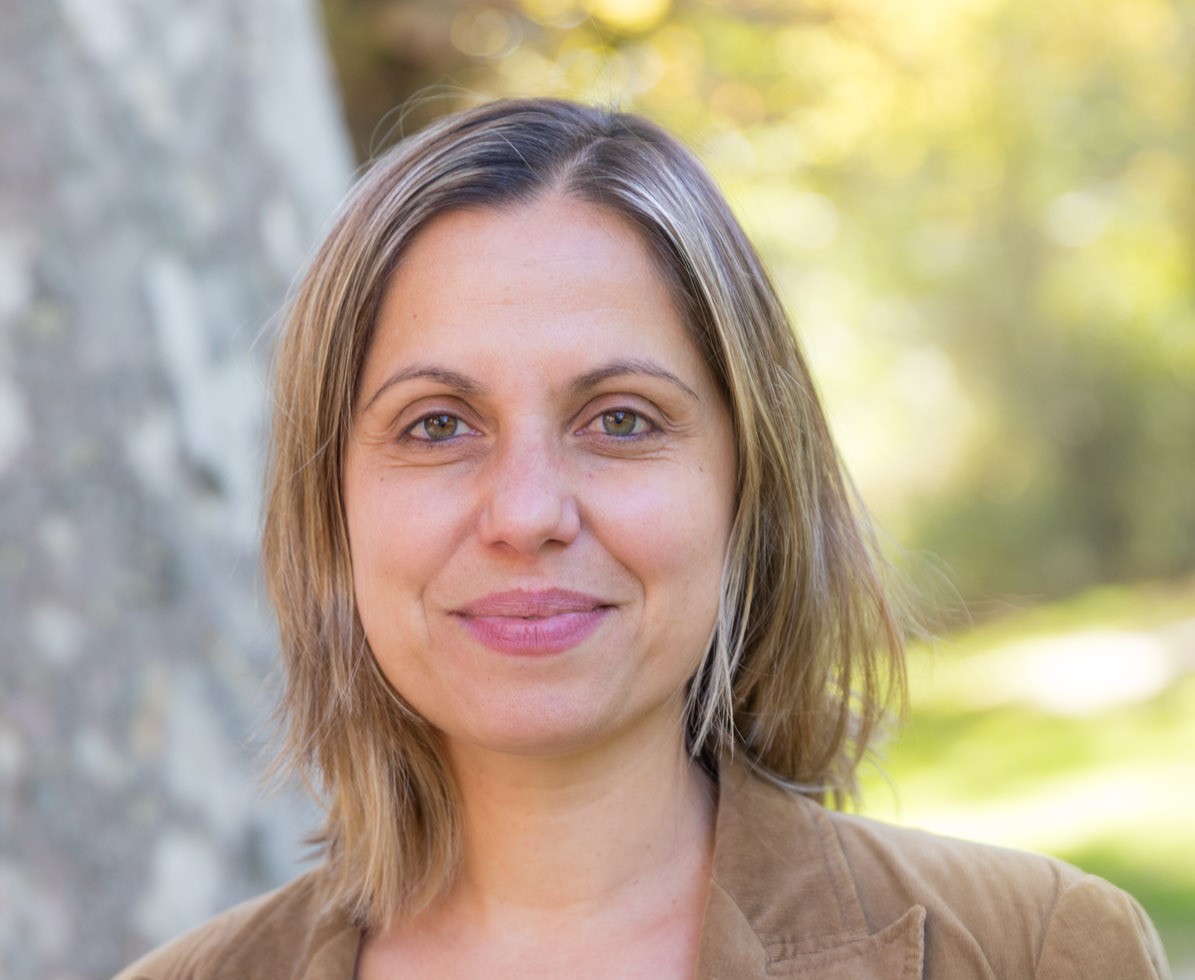
Eleni Diamanti is a CNRS research director at the LIP6 laboratory of Sorbonne University in Paris. She received her Diploma in Electrical and Computer Engineering from the National Technical University of Athens in 2000 and her PhD in Electrical Engineering from Stanford University in 2006. She then worked as a Marie Curie postdoctoral fellow at the Institute of Optics Graduate School in Palaiseau before joining the CNRS in 2009. Her research focuses on experimental quantum cryptography and communication complexity, and on the development of photonic resources for quantum networks. She is a recipient of a European Research Council Starting Grant, vice director of the Paris Centre for Quantum Computing, steering committee member of the French regional and national networks on Quantum Technologies, member of the Scientific Management team of European quantum flagship projects CiViQ and OpenQKD, and elected member of the Board of Stakeholders of the European Public Private Partnership in Photonics.
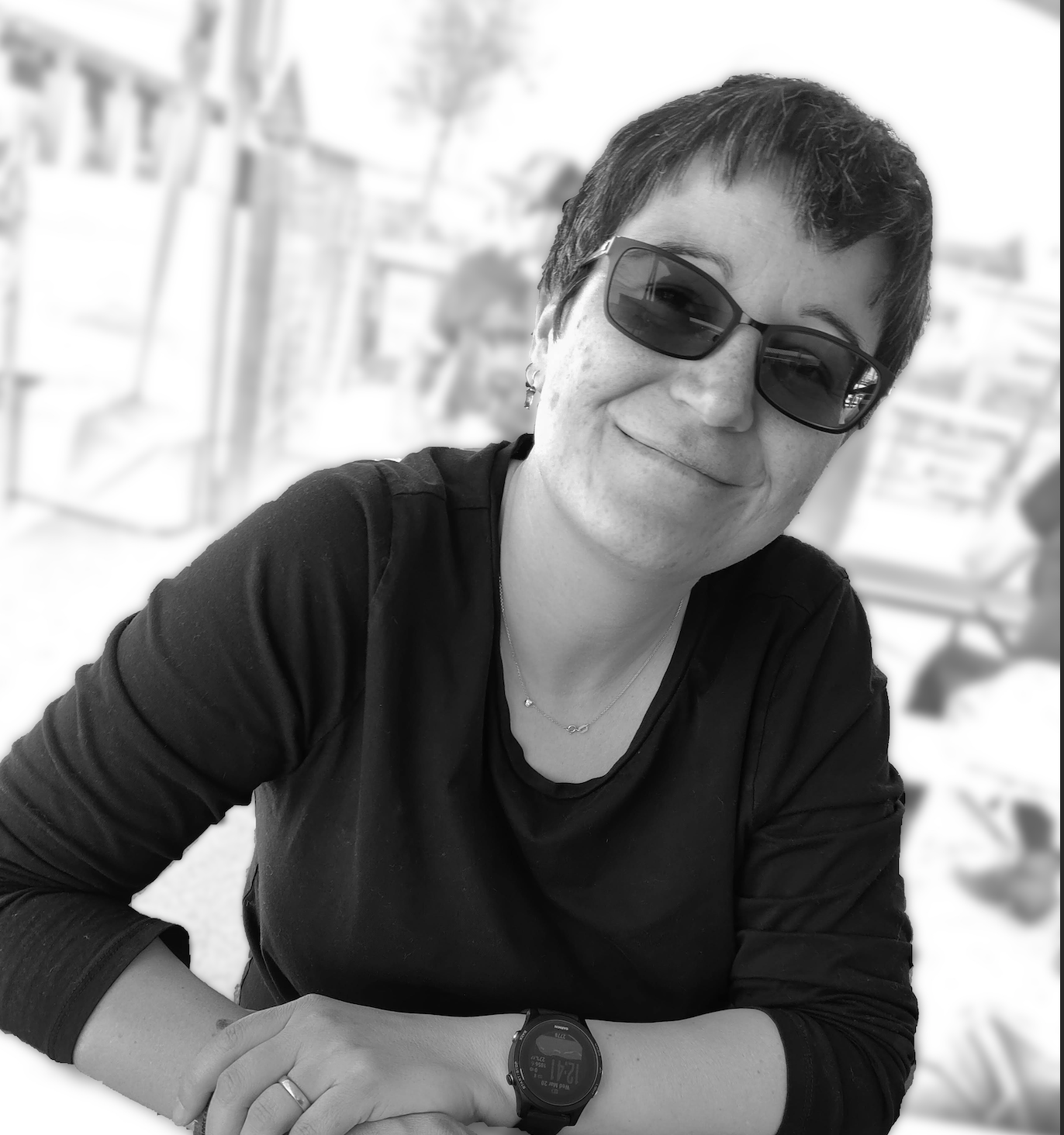
Antia Lamas-Linares is a quantum information scientist specializing in photonic implementation of quantum information protocols. Antia got her PhD in the University of Oxford in the UK, did a postdoc at UCSB and then moved to Singapore, where she was a founding PI of the Centre for Quantum Technologies. In 2010 she joined NIST Boulder working on superconducting detectors for quantum information applications. After spending some time at the interface of classical and quantum computation at the Texas Advanced Computer Center, she moved from academia to industry in early 2019 as Chief Quantum Scientist of SpeQtral, a startup focused on space-based quantum communication systems. Since January 2021 she is a Principal Research Scientist in AWS.
During her career, Antia has worked on a variety of topics in quantum technologies: field implementations of quantum key distribution systems, exploiting physical security flaws in QKD systems, demonstrations of quantum communications in daylight, development of cryogenic single photon detectors for quantum computing, high performance computing, and secure time synchronization.
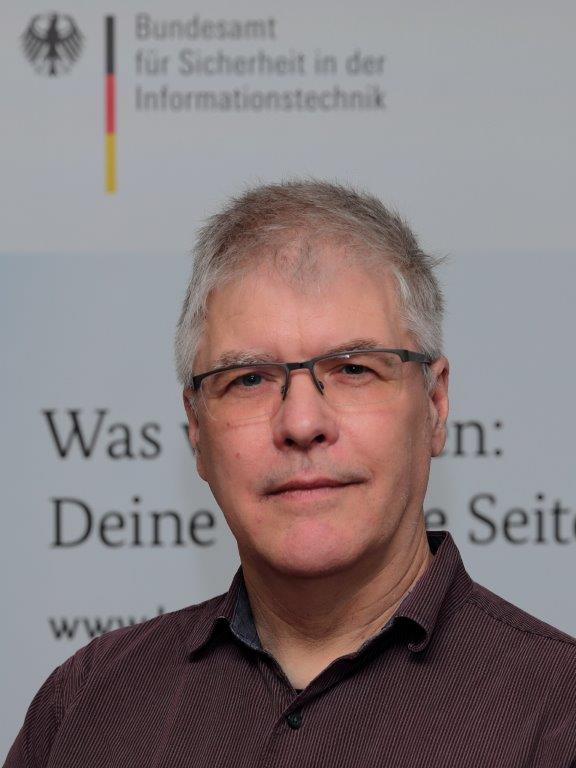
Manfred Lochter studied mathematics and physics in Cologne and Saarbrücken. In 1992 he received his Ph. D. From the University of Cologne. In his thesis he investigated connections between prime decomposition, group theory and representation theory. During his Post Doc years he worked on problems from commutative algebra.
Since 1994 he works for the German Federal Office for Information Security (BSI), section Requirements for and Development of Cryptographic Mechanisms. His interests include number theory, elliptic curve cryptography, factoring, side-channel analysis and the implementation of cryptographic mechnisms in hardware and software.
In 2003 he participated in the team that factored RSA-130 and was responsible for the generation and standardisation of the Brainpool standard elliptic curves. Currently he coordinates BSI‘s quantum- and blockchain activities.
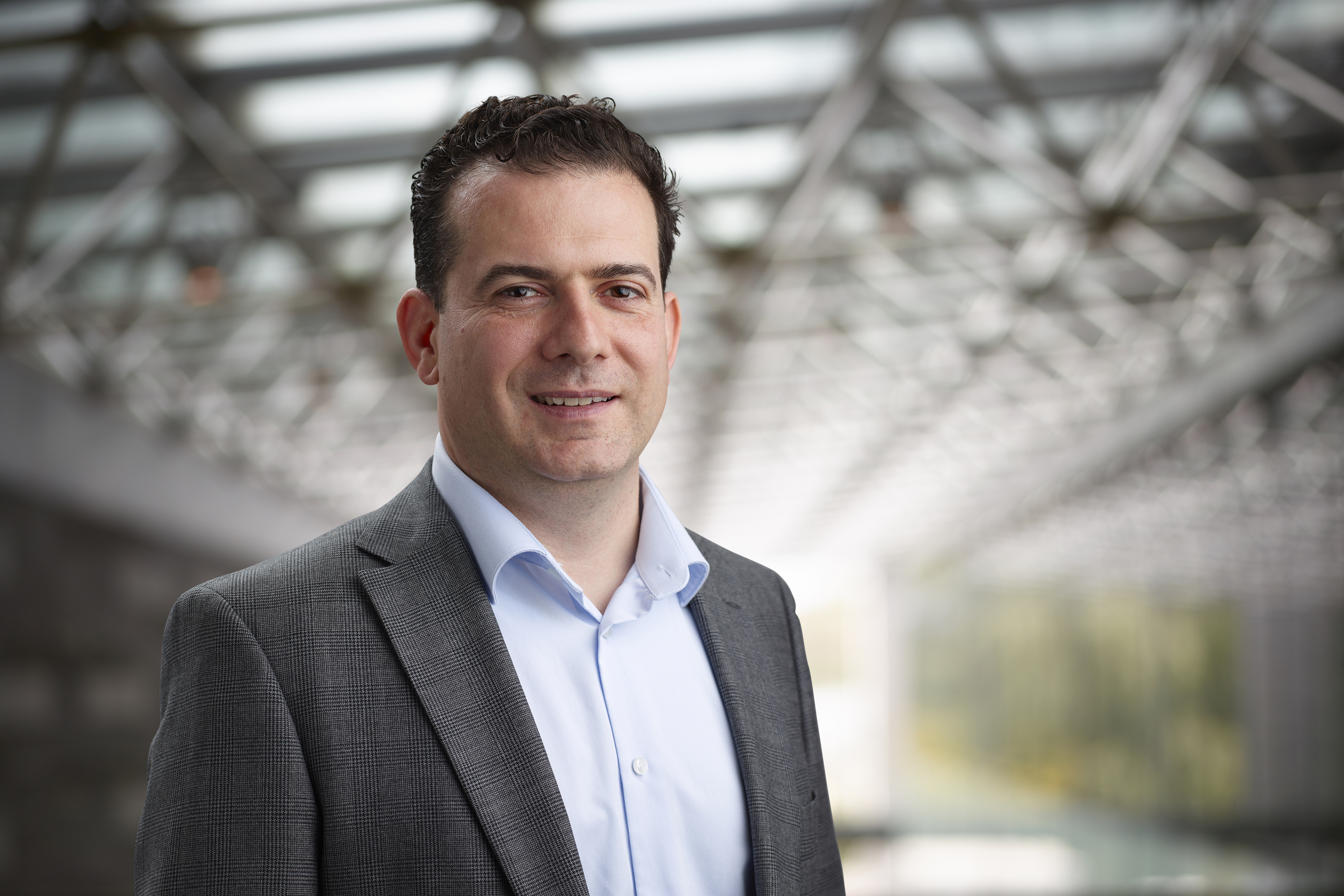
Dr. Mosca is a founder of the Institute for Quantum Computing, Professor in the Department of Combinatorics & Optimization at the University of Waterloo, and a founding member of the Perimeter Institute for Theoretical Physics.
He is globally recognized for his drive to help academia, industry and government prepare our cyber systems to be safe in an era with quantum computers. He co-founded evolutionQ Inc. to provide services and products that enable organizations to evolve their quantum-vulnerable systems and practices to quantum-safe ones. He was a founder of the ETSI-IQC workshop series in Quantum-Safe Cryptography. He co-founded softwareQ Inc. to help organizations benefit from the power of quantum computers.
He worked on cryptography during his BMath (Waterloo) and MSc (Oxford) and obtained his Doctorate (Oxford) on Quantum Computer Algorithms.
His research interests include quantum computation and cryptographic tools designed to be safe against quantum technologies.
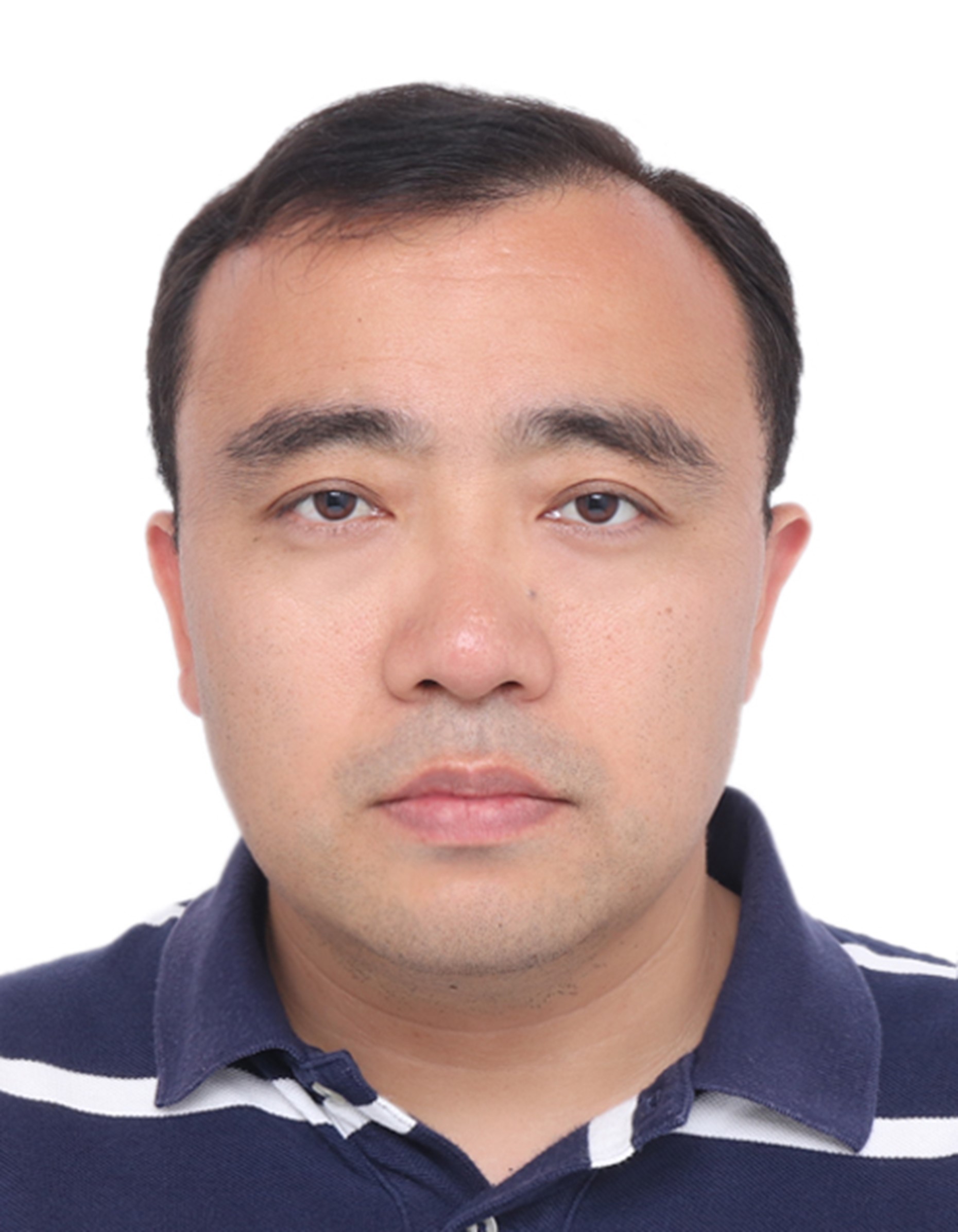
Qiang Zhang received his B.S. degrees and PH.D. degrees in Physics from the University of Science and Technology of China (USTC), Hefei, China in 2001 and 2006, respectively. Then he worked as a postdoctoral research fellow in Ginzton Laboratory, Stanford University, USA from Oct. 2006 to Mar. 2011. In Apr. 2011, he joined in Hefei National Laboratory for Physical Science at Microscale, USTC as a professor. His research primarily focuses on the field of quantum information and has made contributions to most key building blocks of the development of core components and key technology in the field of quantum communication. Examples of his key achievements include: He experimentally demonstrated measurement device independent quantum key distribution (MDIQKD) and set a world record for fiber experimental quantum cryptography realizations by extending the effective transmission distance to 509 km. He has also experimentally realized the first device-independent quantum random number generation and quantum teleportation over a metropolitan fiber network.
He has published more than 90 articles in peer-reviewed journals, including 1 in Review of Modern Physics, 6 in Nature, 12 in Nature Sub-journals and 31 in PRL(X). He was the chair of the flagship meeting in the field of quantum cryptography, QCrypt in 2008 and 2020. Since its establishment in 2019, he serves as co-chair of the ITU-T Focus Group on Quantum Information Technology for Networks (FG-QIT4N).
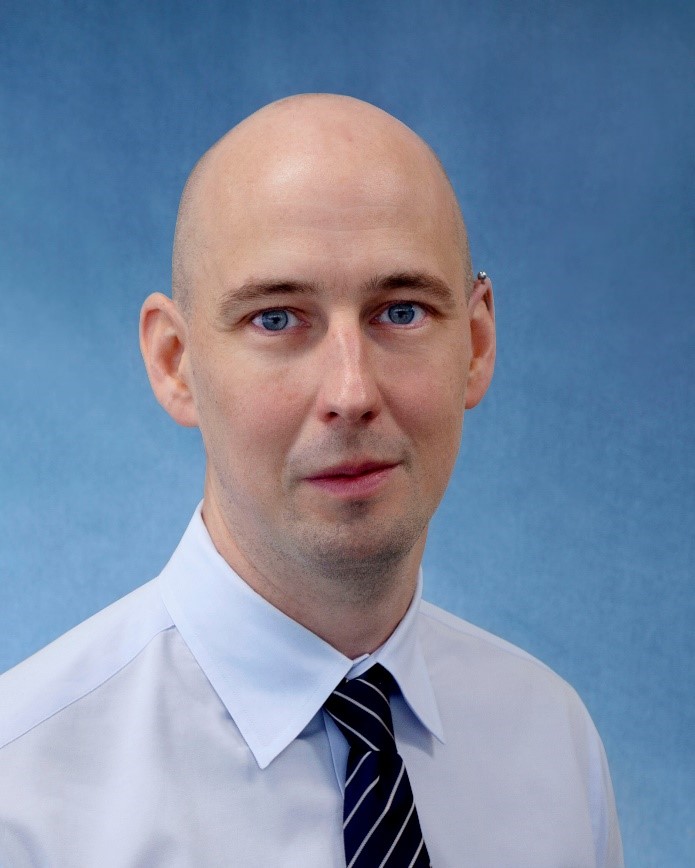
Dr. James Nagel is a Lead Photonic & Laser Systems Engineer at L3Harris Technologies Space and Airborne Systems, with over 15 years of experience across large and small businesses in both the commercial and aerospace industry. His primary technical expertise covers the field of lasers and optics at the component and system/application level. Specific areas include photonic devices, nonlinear optics, fiber lasers, free-space optical communications, LIDAR and remote sensing applications, as well as quantum communications. In his current role, Dr. Nagel is responsible for optical communications and networking efforts within L3Harris, leading multiple customer-funded and Internal Research & Development programs and serving as the Chief Technologist of L3Harris’ Quantum Communications Solutions group. He holds a PhD in Optical Sciences from the University of Arizona. Since its establishment in 2019, James also serves as co-chair of the ITU-T Focus Group on Quantum Information Technology for Networks (FG-QIT4N).
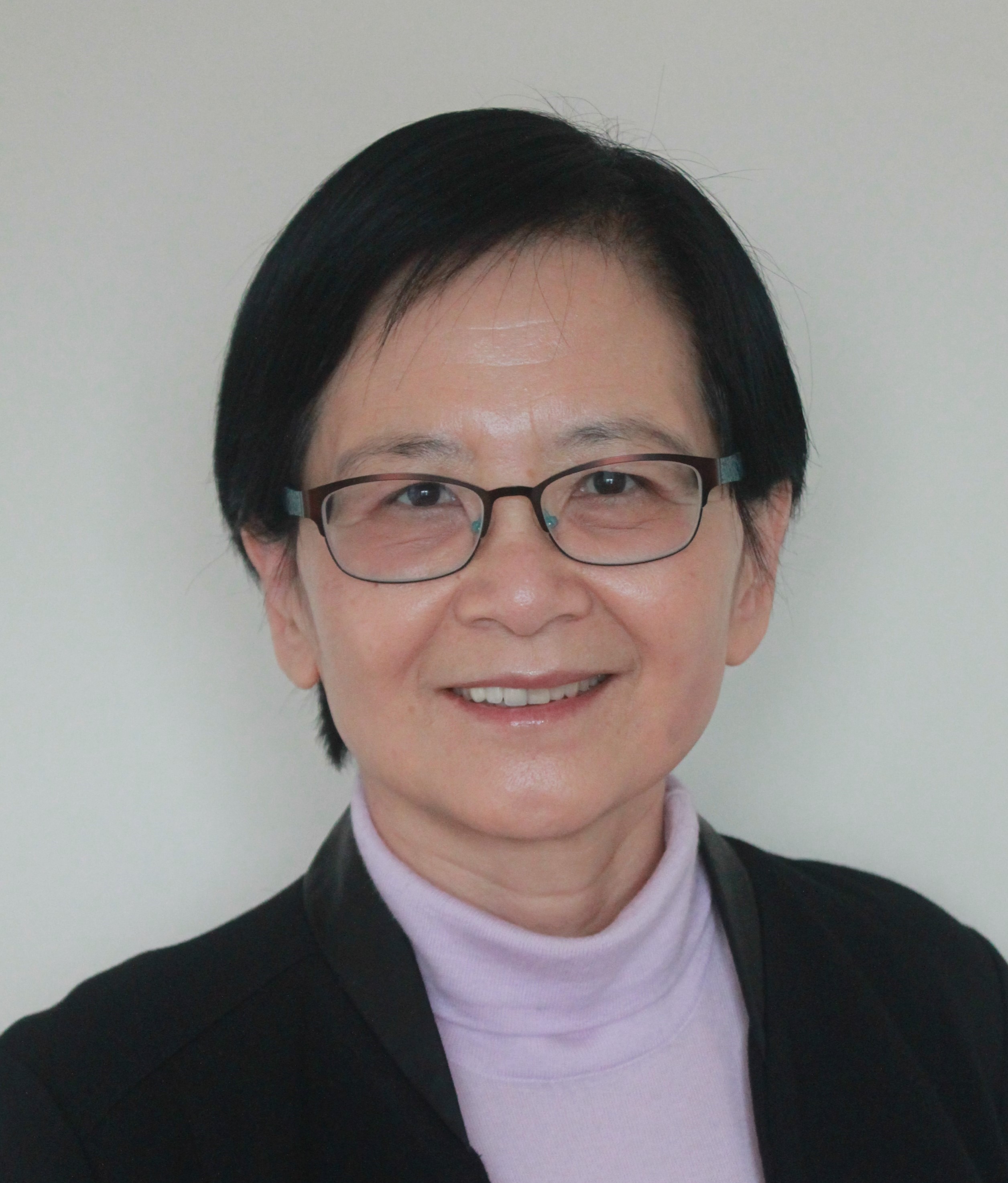
Dr. Lily (Lidong) Chen is a mathematician and heads Cryptographic Technology Group in Computer Security Division, NIST. Her team has been developing cryptographic standards published in Federal Information Processing Standards (FIPS) and NIST Special Publications (SP). The team is currently devoted to developing next generation of cryptography standards, including post-quantum cryptography, lightweight cryptography for constrained environment, and approaches many advanced cryptographic areas.
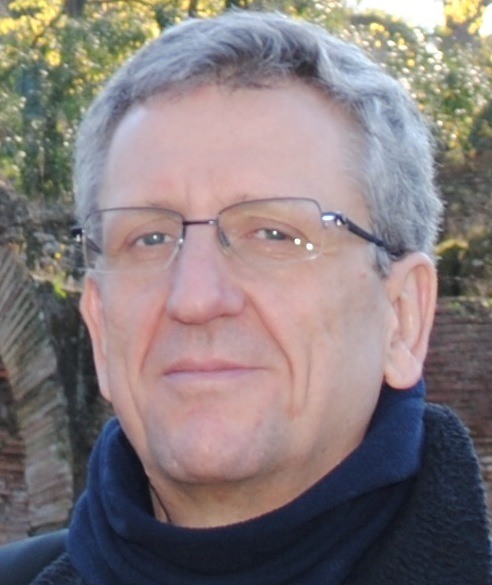
Dr Diego R. Lopez joined Telefonica I+D in 2011 as a Senior Technology Expert, and is currently in charge of the Technology Exploration activities within the GCTIO Unit. Before joining Telefónica he spent some years in the academic sector, dedicated to research on network services, and was appointed member of the High-Level Expert Group on Scientific Data Infrastructures by the European Commission.
Diego is currently focused on applied research in network infrastructures, with a special emphasis on virtualization, data-driven management, new architectures, and security. Diego chairs the ETSI ISG on Permissioned Distributed Ledgers and the Network Operator Council ETSI ISG on Network Function Virtualization.
More can be found at https://www.linkedin.com/in/dr2lopez/.
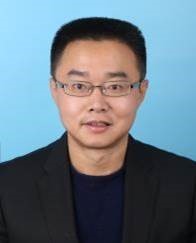
Dr. Wei Qi is the Chairman of CCSA Special Task Force (ST7) on Quantum Communication and Information Technology, the CEO of CAS Quantum Network Co., Ltd, and the leader of national quantum secure communication backbone network project (Phase I). Prior to this, he held the role of the deputy secretary general of Hefei Municipal Government, the director of the Development and Planning office of USTC. Dr. Qi is working on the industrialization of quantum communication technology, and has successively promoted the establishment of the China Quantum Communications Industry Alliance and Quantum Information Association of China (QIAC).

Margaret Salter has over 35 years of professional experience in Cryptography and Cyber security. She retired after 33 years as a Senior Executive at NSA. She then went on to be the Manager of Security Special Projects and Walt Disney World Parks and Resorts and the Director of Security and Cryptography Innovation at the Royal Bank of Canada. She is now at AWS managing a group of professionals creating the future of Cryptography at AWS.

Bridget Walshe is acting Director General, Secure Solutions and Services Directorate at the Canadian Centre for Cyber Security, responsible for applied research, architecture, engineering and development of secure cryptographic solutions.
Bridget was previously Director of Cryptographic Security and Systems Development, responsible for evaluating the security of cryptographic products, providing cryptographic advice and guidance, and modernizing the Government of Canada’s classified infrastructure.
Since joining CSE in 2003, Bridget has served in positions across the organization, including as a Mathematician in the IT Security program, where she conducted applied research in cryptography and provided advice and guidance on the use of Cryptographic algorithms by the Government of Canada. In subsequent roles in management and technical direction, she has had the opportunity to lead mathematicians and computer scientists in developing complex solutions.
Bridget holds B.Sc. & M.Sc. degrees in Mathematics from the University of Victoria.
Colin Whorlow has worked in the UK National Cyber Security Centre (NCSC), and its predecessor CESG, for over 20 years. As Head of International Standards he has spearheaded NCSC’s active involvement in global security standards work including within ETSI and 3GPP. He convened the ETSI Quantum Safe Cryptography ISG, now a Working Group within TC Cyber, and has also chaired the group – and he is a Programme Committee member for the annual ETSI/IQC Quantum-safe cryptography workshops. More recently he convened the ETSI Securing AI ISG. Colin was a member of the Management Board of ENISA for many years, and is currently chair of the CCRA Management Committee. Previously Head of Export Control Colin chaired the Information Security Technical Working Group at the Wassenaar Arrangement for some years.
-
 C2. Information and communication infrastructure
C2. Information and communication infrastructure
-
 C5. Building confidence and security in use of ICTs
C5. Building confidence and security in use of ICTs
-
 Goal 9: Build resilient infrastructure, promote sustainable industrialization and foster innovation
Goal 9: Build resilient infrastructure, promote sustainable industrialization and foster innovation
